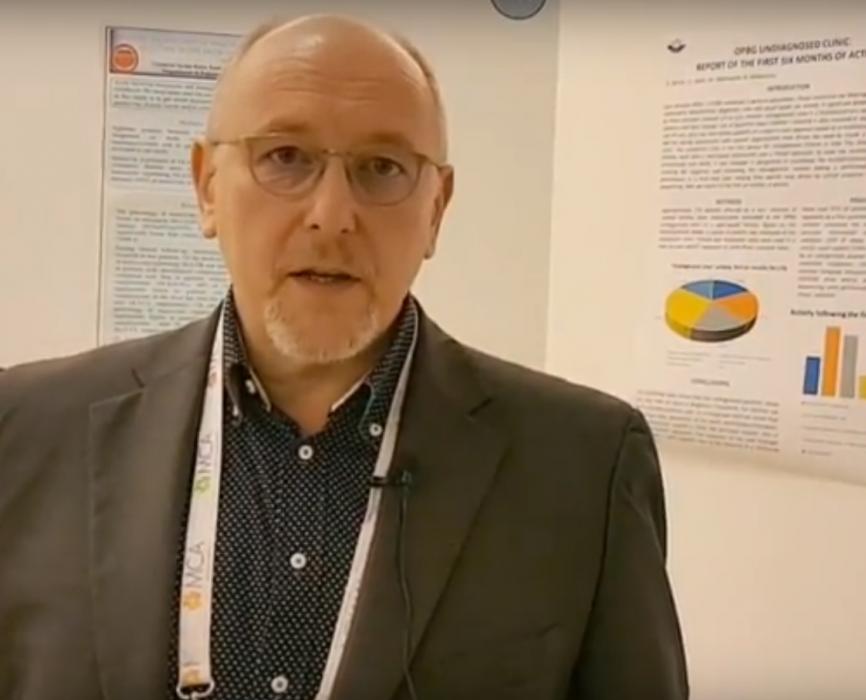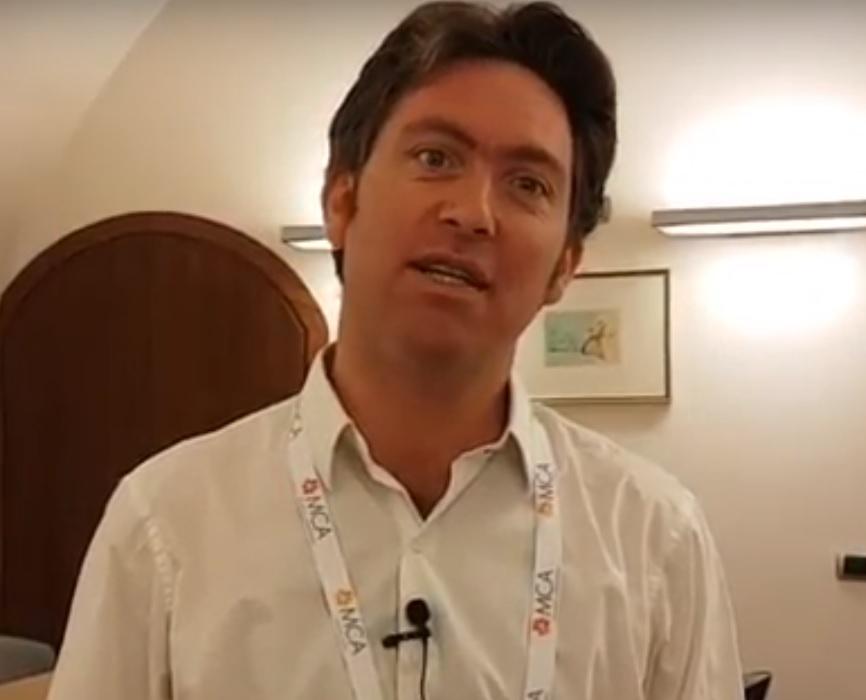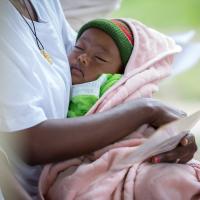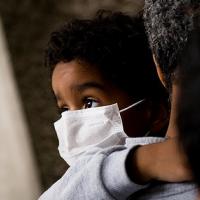Health system analysis to support capacity development in response to the threat of pandemic influenza in Asia |
Making society an active participant in water adaptation to global change |
Public Participation in Developing a Common Framework for Assessment and Management of Sustainable Innovation |
Engaging all of Europe in shaping a desirable and sustainable future |
Expect the unexpected and know how to respond |
Driving innovation in crisis management for European resilience |
Effective communication in outbreak management: development of an evidence-based tool for Europe |
Solutions to improve CBRNe resilience |
Network for Communicable Disease Control in Southern Europe and Mediterranean Countries |
Developing the framework for an epidemic forecast infrastructure |
Strengthening of the national surveillance system for communicable diseases |
Surveillance of vaccine preventable hepatitis |
European monitoring of excess mortality for public health action |
European network for highly infectious disease |
Dedicated surveillance network for surveillance and control of vaccine preventable diseases in the EU |
Modelling the spread of pandemic influenza and strategies for its containment and mitigation |
Cost-effectiveness assessment of european influenza human pandemic alert and response strategies |
Bridging the gap between science, stakeholders and policy makers |
Promotion of immunization for health professionals in Europe |
Towards inclusive research programming for sustainable food innovations |
Addressing chronic diseases and healthy ageing across the life cycle |
Medical ecosystem – personalized event-based surveillance |
Studying the many and varied economic, social, legal and ethical aspects of the recent developments on the Internet, and their consequences for the individual and society at large |
Get involved in the responsible marine research and innovation |
Knowledge-based policy-making on issues involving science, technology and innovation, mainly based upon the practices in Parliamentary Technology Assessment |
Assessment of the current pandemic preparedness and response tools, systems and practice at national, EU and global level in priority areas |
Analysis of innovative public engagement tools and instruments for dynamic governance in the field of Science in Society |
Public Engagement with Research And Research Engagement with Society |
Computing Veracity – the Fourth Challenge of Big Data |
Providing infrastructure, co-ordination and integration of existing clinical research networks on epidemics and pandemics |
Promote vaccinations among migrant population in Europe |
Creating mechanisms for effectively tackling the scientific and technology related challenges faced by society |
Improve the quality of indoor air, keeping it free from radon |
Improving respect of ethics principles and laws in research and innovation, in line with the evolution of technologies and societal concerns |
Investigating how cities in the West securitise against global pandemics |
Creating a structured dialogue and mutual learning with citizens and urban actors by setting up National Networks in 10 countries across Europe |
Identifying how children can be change agents in the Science and Society relationship |
Establishing an open dialogue between stakeholders concerning synthetic biology’s potential benefits and risks |
Transparent communication in Epidemics: Learning Lessons from experience, delivering effective Messages, providing Evidence |
|



























